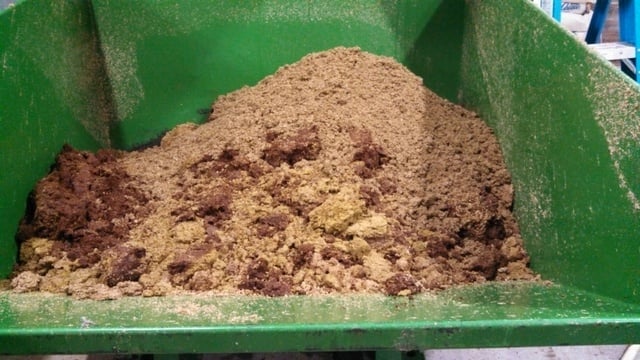
The Tennessee Craft Brewers Guild’s Farm to Tap movement recently kicked off a cool “Pioneer Stories” series celebrating early adopters in the brewing and farming industry in the use of Tennessee grown products in local beers. The stories below focus on how “spent grains” have been an integral part of such cooperation. Thanks to Sharon Cheek, Executive Director of the Tennessee Craft Brewers Guild, for letting us share it.
Spent grains are a major by-product of the brewing process and have the consistency of a warm bowl of oatmeal. They account for approximately 85 percent of the total mass of solid by-products in the brewing industry (Source). Farm to Tap always encourages brewers and farmers to collaborate after a new beer is brewed. Through resourceful and sustainable efforts, brewers can sell or donate their spent grain to farmers as cattle feed, compost and natural fertilizer.
By bringing the beer by-product back into the farming fold, brewers and farmers see the reuse of spent grain as an effective sustainable practice. This becomes part of a circular economy aimed at recovery of certain products without generating waste. Here’s how just a few Tennessee Guild member breweries and their partnerships with farmers have benefitted their communities, and brought spent grains back into the local food supply.
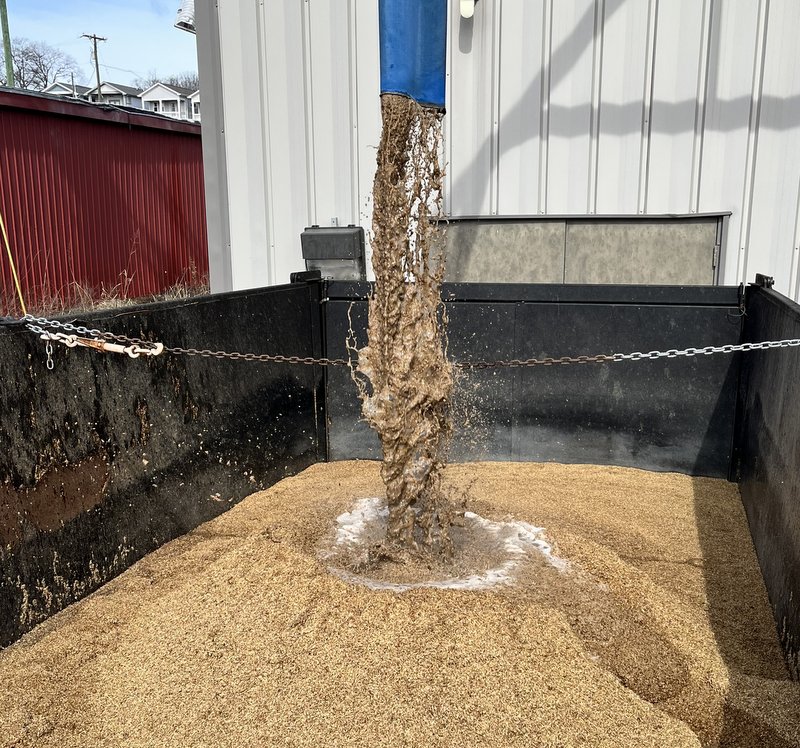
Blackstone Brewing Company in Nashville is no stranger to establishing deep roots within the Tennessee farming community. Kent Taylor, co-founder of Blackstone Brewing and a founding member of the Guild, opened the brewery in the mid 1990’s.
As Nashville’s oldest and most award-winning brewery, Blackstone Brewing has been producing craft beer for almost 30 years. Since their first batch in 1994, their spent grain has been sent to local farmers. Blackstone Brewing has worked with Lost Creek Cattle Company in nearby Lebanon, Tenn. for the past eight years.
“We are very fortunate to work with Paul and the Kinslow farm,” said Kent Taylor. “Paul has been rock solid for eight plus years and…his cows are happy.”
Farm owner Phillip Kinslow, who is also a large animal veterinarian, runs the farm with his son Paul. Each year, about 300,000 pounds of dry weight spent grain go to feed cattle at the Kinslow Farm.
“The spent grain from Blackstone Brewery has literally been a life saver for our cattle during the severe droughts of the last couple of years,” said Phillip Kinslow. “The high nutrient content of the brewer’s grain has sustained our herds of cattle when grass was short and hay was scarce. The cattle like the feed and the Blackstone crew are a pleasure to work with.”
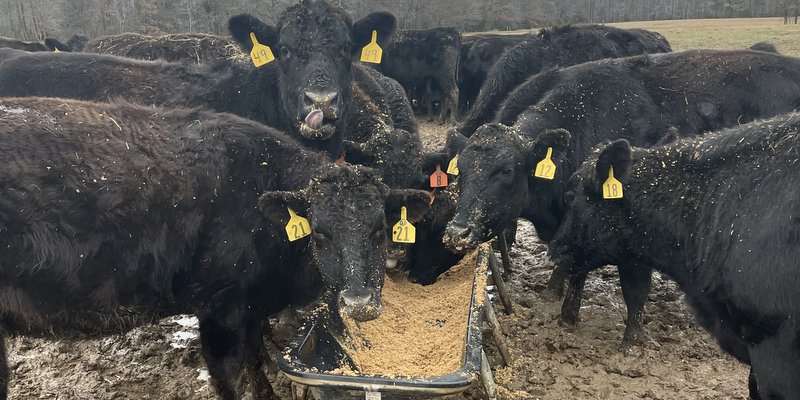
The idea for Wiseacre Brewing Company in Memphis started when Davin Bartosch and his brother Kellan began thinking up creative ways of making beer after they graduated from college.
Even before the idea came about, Davin led the charge on homebrewing during his freshman year. The Bartosch brothers wanted to be fully prepared before they opened their brewery, so they did years of research, attended brewing school and brewed professionally before opening their doors in 2013.
From its inception, Wiseacre worked with area farmers to sell their spent grain and they’re proud to say they have never thrown away any spent grain in Memphis. Depending on the season, Wiseacre produces about 50 tons of spent grain per month that goes to local farmers. The bulk of it is sold to a farmer located north of Memphis who uses it as a food supplement to feed about 50 cows.
“It has always been a symbiotic relationship,” said Davin Bartosch, co-founder of Wiseacre Brewing Company. “We had leftover product we didn’t need, and we knew farmers who wanted it, so the partnership works beautifully.”
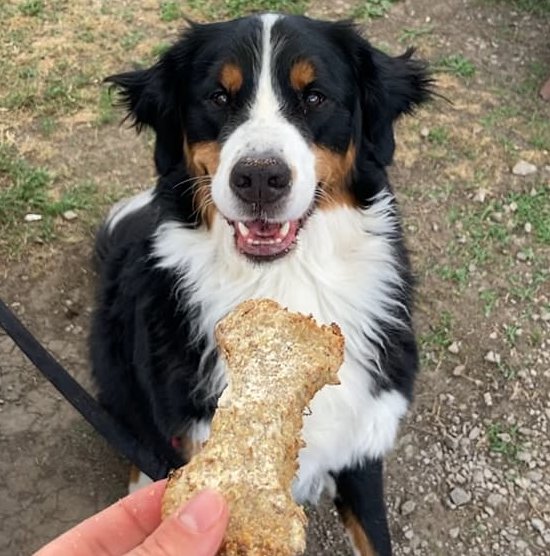
Wes Keegan opened TailGate Brewery’s first taproom location in Nashville. Since 2014, Tailgate has expanded to six locations across the state of Tennessee and now has more than 150 employees.
From the start of production, Keegan saw an opportunity to make use of the grain that was going to waste by donating it to farmers across Middle Tennessee. Over time, this exchange of spent grain became less of a business trade and more of a relationship-based partnership. Depending on the season and demand at the time, the brewery produces approximately 32,000 pounds of spent grain per week.
“A majority of TailGate’s spent grain goes to one cattle farmer who is located just up the road from the brewery headquarters,” said Keegan. “Farmer Steve uses it for feed for his farm animals as well as compost.”
TailGate reserves some of its spent grain to make dog treats for its canine visitors. Each member of TailGate’s Mutt Club gets a biscuit, while their owners enjoy a brew. And in a doggone good turn, one-third of the proceeds of the Mutt Club program is donated to the Nashville Humane Association.
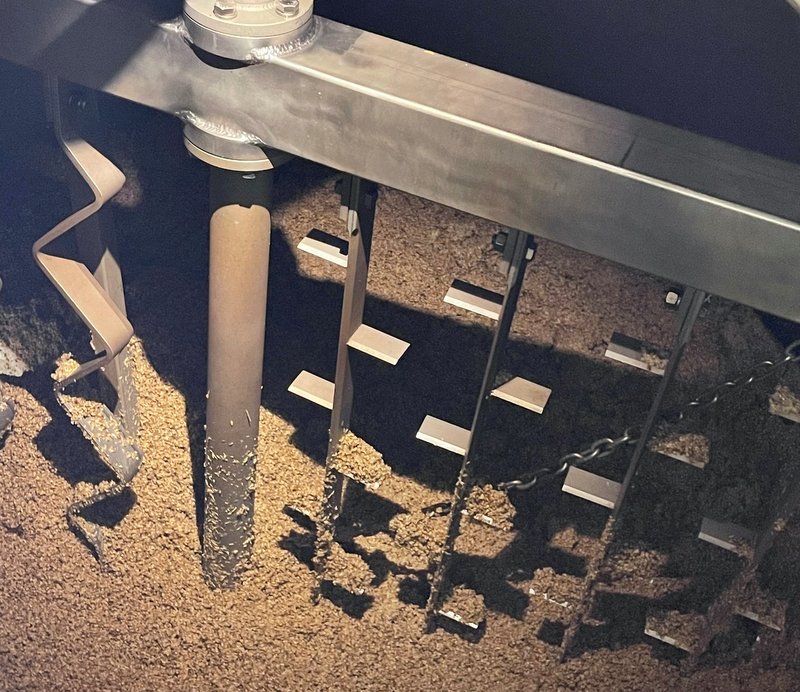
Yee-Haw Brewing Co. started its craft beer journey in Johnson City in early 2015. Director of Operations Matt Metz was an avid home brewer who made his connections in the craft brew world through friends, and his experience in the industrial food processing industry.
Metz discovered his love for local craft beer through his travels, and he’s always scouting out the best taproom to grab a local brew. Beyond the original Johnson City location, Yee-Haw now has Tennessee locations in Pigeon Forge, Nashville, Gatlinburg, and Knoxville, as well as Greenville, S.C.
“Yee-Haw has always focused on being an active member of the community,” said Metz, “Our taproom is your living room, and our beer garden is your backyard to enjoy with friends and family.”
Early on, the team saw the value of making connections and building relationships with local farmers. The Johnson City location rotates its donations of spent grain between two local farmers to use as feed, fertilizer or compost. In total, each taproom donates 15,000 pounds of grain each week to local farmers. In addition to donating spent grain, Yee-Haw is continuously looking for new ways to incorporate Tennessee agriculture and products into their brews.
Full circle moment
From East to West Tennessee, the use of spent grain is an important part of giving back in the craft brew and farming communities. It’s a win-win for both and it completes the Farm to Tap circle.




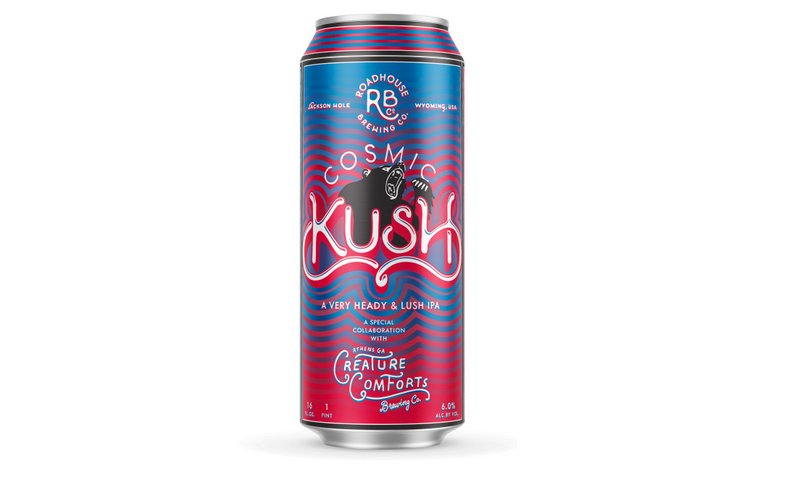
Leave a Reply
You must be logged in to post a comment.